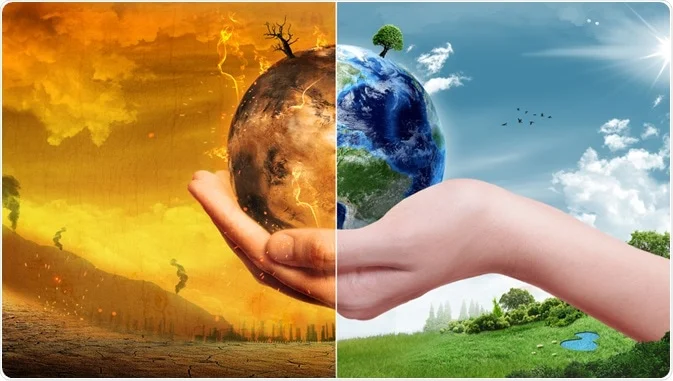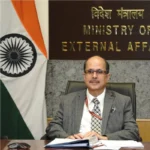It’s often said that you can’t solve a problem until you acknowledge it—and one of the best ways to acknowledge a crisis is to talk about it. That’s especially true for climate change. Yet despite record-breaking heatwaves, deadly floods, and catastrophic hurricanes, climate change remains a strangely quiet subject in everyday conversations.

According to studies dating back to 2009, most Americans rarely talk about global warming. A new study published in PLOS Climate explores this phenomenon—dubbed the “climate silence”—and reveals how to spark more meaningful discussions about the climate crisis.
The Spiral of Silence
Social issues often suffer from what researchers call the spiral of silence: the less a topic is discussed, the more people assume others don’t care or disagree, making them less likely to bring it up themselves. That silence reinforces itself, reducing both public awareness and action.
The opposite is also true. When more people speak up, a positive feedback loop emerges. The new PLOS study calls this the pro-climate social feedback loop, and it may be key to increasing engagement with climate issues.
What the Research Shows
To understand what encourages climate conversations, researchers led by Margaret Orr, a PhD student at George Mason University, analyzed responses from more than 3,000 people across three national surveys conducted in 2020 and 2021. Participants were asked about their beliefs, emotions, and actions related to global warming, including how often they discuss the issue with friends and family.
Somewhat surprisingly, the study found that being convinced climate change is real, believing there is a scientific consensus, and acknowledging that humans are responsible for it did not directly lead to more discussions. These are major pillars of climate understanding—but they don’t automatically translate into conversations.
So what does? The study found that other factors—such as worry about climate change, perceived risk to self and community, and the climate engagement of peers—were strong predictors of whether people talk about the issue. In other words, emotion and social context matter more than intellectual agreement.
From Belief to Action
While the belief in climate change didn’t directly prompt conversations, it may still play a role indirectly by leading to greater concern or fear, which in turn spurs discussion. “One potential reason for these variables not being significant predictors of climate discussion is the potential for indirect effects,” explains Orr.
And those conversations matter. “Previous research has shown that people are more likely to take actions if asked to do so by someone they like and respect,” says Orr. “Climate conversations help reverse the spiral of silence. The more people realize others are concerned and support climate action, the more people will talk about it.”
Breaking the Silence Starts With You
Whether you’re a student, parent, teacher, or community leader, you can be the spark. Talking about climate change doesn’t have to be political or confrontational—it can be personal, hopeful, and rooted in shared values.
- Ask friends or family how they feel about recent weather events or climate news.
- Share your own concerns and what actions you’re taking, even if they’re small.
- Encourage others to learn more or join local efforts.
By speaking up, you help others feel seen—and invite them to join the conversation. And that’s the first step toward real climate action.
Category: Climate Change, Environmental Communication, Social Psychology, Science & Society
Tags: climate silence, Margaret Orr, climate change communication, global warming awareness, spiral of silence, climate change survey, PLOS Climate, climate feedback loop









